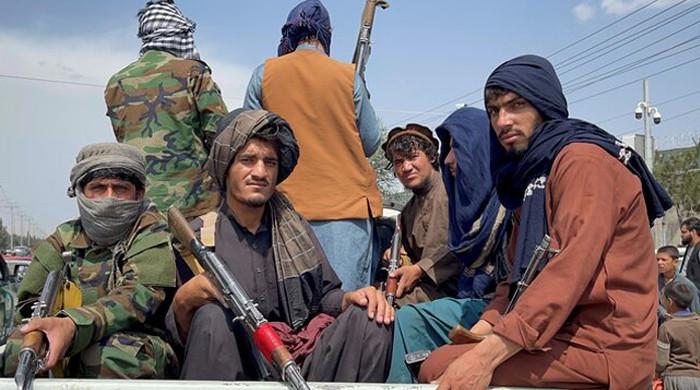- The Taliban provides TTP $ 43,000 monthly and helps terrorist attacks in Pakistan.
- Daesh-K’s attempt to infiltrate Pakistan averted by security forces.
- Outfit switches to traditional courier networks to avoid detection.
The Afghan Taliban continues to give Tehreek-E-Taliban Pakistan (TTP) with logistical and operational space and financial support, leading to an increase in terrorist attacks in Pakistan, according to a report submitted to the UN Security Council by analytical support and sanctions Surveillance team.
The 35th report from the team says the status and strength of TTP in Afghanistan remains unchanged, while its attack on Pakistan has increased significantly, with over 600 attacks registered during 2024, including cross -border assault from Afghan Territory. Taliban’s support for the forbidden clothing includes a monthly payment of 3 million Afghanis (about $ 43,000).
TTP has expanded its training infrastructure and established new centers in Kunar, Nangarhar, Khost and Pactika (Barmic) provinces. The group has also increased recruitment efforts, including drawing fighters from the Afghan Taliban.
In addition, TTP has strengthened its ties with the Afghan Taliban and al-Qaeda in the Indian Subcontinent (AQIS) and performed joint attacks under the banner by Tehreek-E Jihad Pakistan (TJP). The report warns that this collaboration, along with TTP’s role in delivering suicide bombs and fighters, could transform the group into a wider regional threat and an umbrella organization for other militant groups in the area.
The report also highlights a significant setback that Daesh-Khurasan has suffered as Pakistani security forces successfully captured its external operation’s attempt to establish itself inside Pakistan. This operation led to the arrests of key figures including Adil Panjsheri (Afghan), Abu Munzir (Tajik) and Kaka Younis (USBEK) involved in recruiting, traveling and financing fighters and suicide bomber. These individuals were linked to attacks in Kerman, Iran and Moscow.
However, another senior Daesh-K member, Tariq Tajiki, who is suspected of being Mastermind behind the Kerman attack, remains in Afghanistan, according to a Member State.
To avoid detection and reduce the risk of arrests, Daesh-K’s management is allegedly changed from electronic and internet-based communication to traditional courier networks for the delivery of instructions and implementation of personal meetings.
Balochistan Liberation Army (BLA) assumed responsibility for multiple attacks with high relaxation during the reporting period performed by its Majeed Brigade (MB), which includes female members. MB operates over the southern region of Pakistan, including in Awaran, Panjgur and Dalbandin. Two Member States reported that MB has relations with TTP, Daesh-K and ETIM/TIP, which cooperates with the latter at operational bases in Afghanistan.
Jamaat Ansarullah has also been active and maintained training camps in Khost Province with al-Qaeda engineers and weapons instructors. The group runs a special military center in the Kalafgan district in Takhar -Har -Province to educate Central Asian and Arab warriors. In addition, it has formed the “Ansar” unit in the Imam SaBib -District in the Kunduz province to infiltrate border areas.
The Taliban has deployed a suicide bombing from Lashkar-e Mansouri Martyrdom Battalion in Fayz Abad, Badakhshan Province, in coordination with Jamaat Ansarullah and al-Qaeda warriors who use them in operations against anti-Taliban resistance groups.
The report highlights the continued cooperation between several militant groups in the region and the growing threat of their coordinated activities. The results emphasize the complex and developing security landscape in South Asia with far -reaching consequences for regional stability.
Terrorist attacks have been widespread in Pakistan’s provinces of Khyber Pakhtunkhwa and Balochistan – who adjacent to Afghanistan – which is particularly aimed at the law enforcement and security forces.
Islamabad has again called on Kabul again not to allow its territory to be used by terrorist groups to carry out attacks against Pakistan.
The diplomatic effort is combined with continuous kinetic act against terrorists of security forces eliminating at least 15 militants, including Afghan Taliban members in a rapid and effective reaction to the infiltration trial last week.
Pakistan witnessed a sharp increase in terrorist attacks in January 2025, which increased by 42% compared to the previous month, according to data released by the Pakistan Institute for Conflict and Security Studies (PICSS), a think tank.
January says two suicide bombs, both in Balochistan, which are the most affected regions along with Khyber Pakhtunkhwa. The forbidden TTP assumed responsibility for one, while it described, among other things, the honor of the other.



